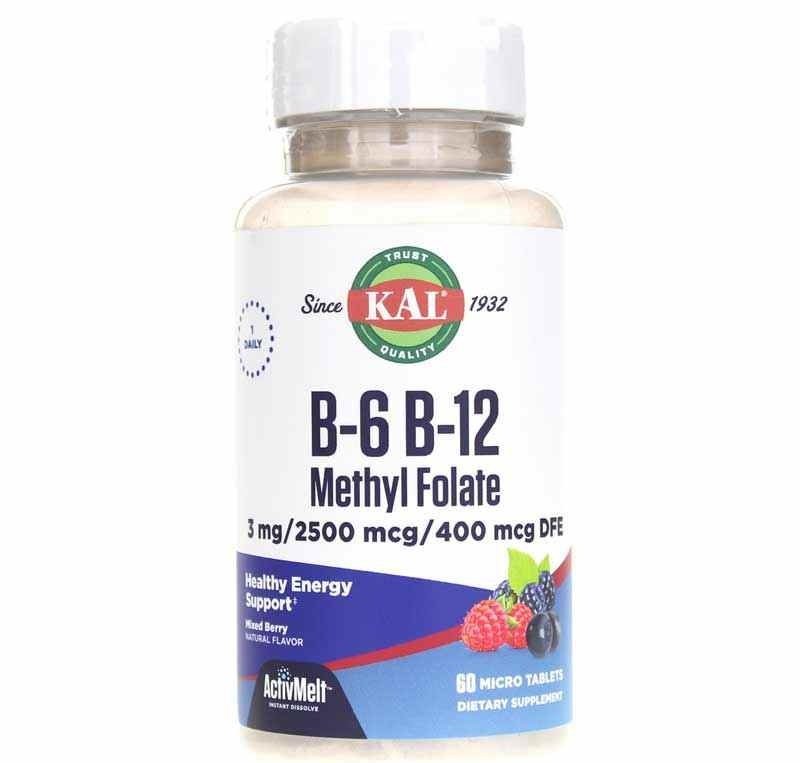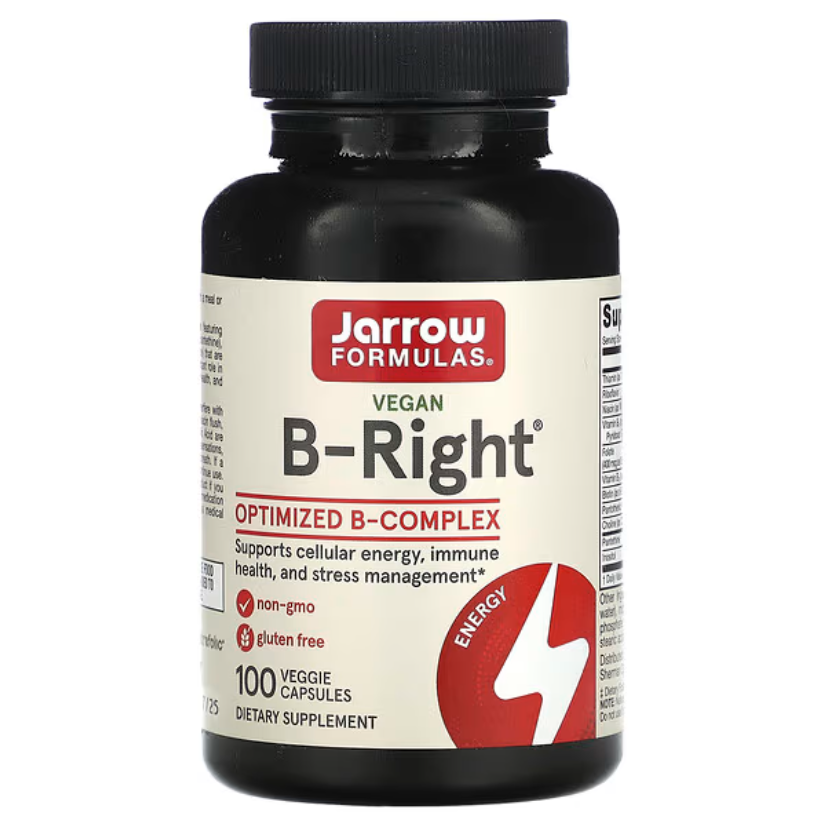Many of us have heard about the MTHFR gene, and problems associated with people who have mutations with it, but most people's understanding of it is very vague. First, let me say how amazing science is and how incredible it is that our understanding of the human body has so increased in recent years.
The MTHFR gene is one of the more commonly known genes for its impact on our health. A very basic explanation of what that gene does is that it makes an enzyme that helps our body to be able to convert certain B vitamins into their active forms so they can be used by the body. Sometimes mutations occur in that gene, which then make it difficult for our body to process and absorb the B vitamins folate and vitamin B12.
It's estimated that around 40% of people have some variation of mutation on the MTHFR gene in their bodies. Having this common mutation can cause a deficiency in folate and B12, even for people who eat a healthy diet or take a multivitamin. That happens because the most common forms of folate and B12 that are in most supplements can't be absorbed when people have a problem with the MTHFR gene.
There is a solution however, called methylated or coenzyme B vitamins. Those less common forms of B vitamins are able to be absorbed even by people who have this gene that makes it so they can't use regular B vitamins. The methyl forms of those B vitamins like folate and B12 are the active forms, meaning they are directly absorbed and don't need to be converted by the body. They're especially important for people with mutations in their MTHFR gene. Since the incidence of variations of mutations in this gene are so common, and since few people have genetic testing done, it's not a bad idea for everyone to make sure they are taking the active, methyl forms of B12 and folate.
B vitamins like folate and B12 are essential to many different processes in the body. Low levels of folate can cause elevated homocysteine levels. High levels of homocysteine in the body can damage blood vessels and lead to a buildup of plaque in the arteries, and can also contribute to the incidence of blood clots.
Low levels of B12 due to absorption issues can contribute to nerve problems as well as cause cognitive decline. Low levels of B12 are more common as we get older, especially among seniors. Left untreated, B12 deficiency can even cause neurological damage. Some research has even linked low B12 levels as a cause of dementia in aging populations.
The solution is to look for methyl folate and methyl B12. Those forms aren't in most B complexes or multivitamins, but they are available and they are easier for the body to utilize, particularly for people with mutations in their MTHFR gene. B vitamins also work well together and are absorbed better when together, so looking for a supplement contains several B vitamins is a good idea.
We have a lot of different choices at the store, but I would especially recommend a B complex by Jarrow called B-Right which has all of the best forms of the different B vitamins to ensure optimum absorption. Another is by a company called Kal that has a methylfolate supplement that also contains methyl B12 and the active form of B6 in something called an active melt, which is a tiny pill that dissolves on your tongue as soon as you put it in your mouth.
We have a number of great products at Pass Health Foods that have the active forms of B vitamins, from multivitamins to B complexes and more, so stop in for more advice and to find the right products for your individual needs.
We’re at 7228 W. College Drive in Palos Heights.




